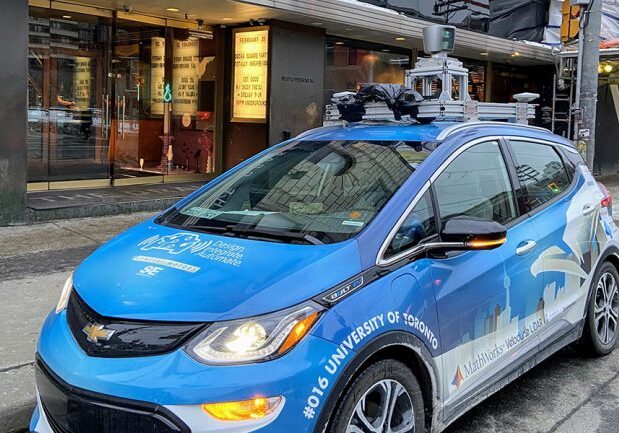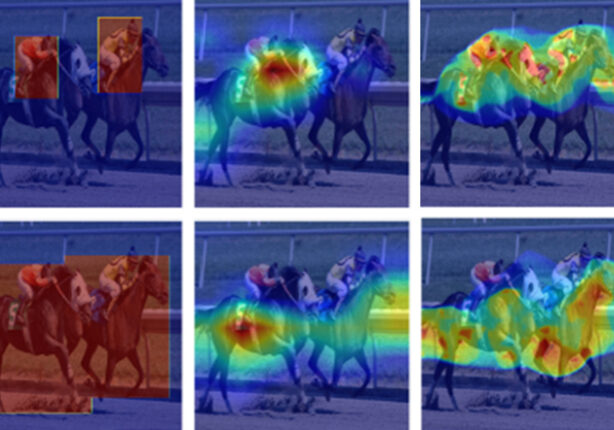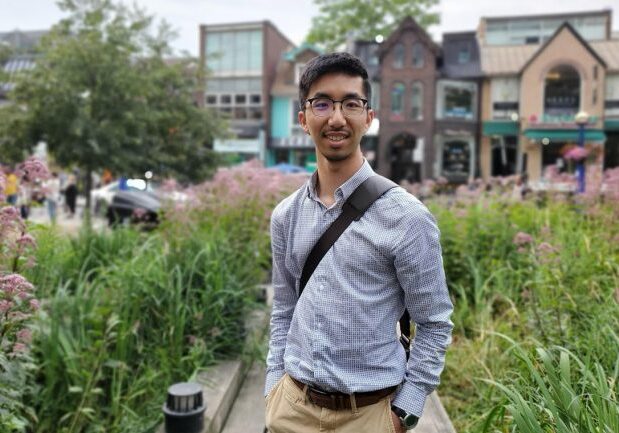
Startup led by U of T alumni uses AI to help Canadians track parliamentary proceedings
Their online platform aims to cut through clutter, misinformation and bias to help people better engage in federal politics
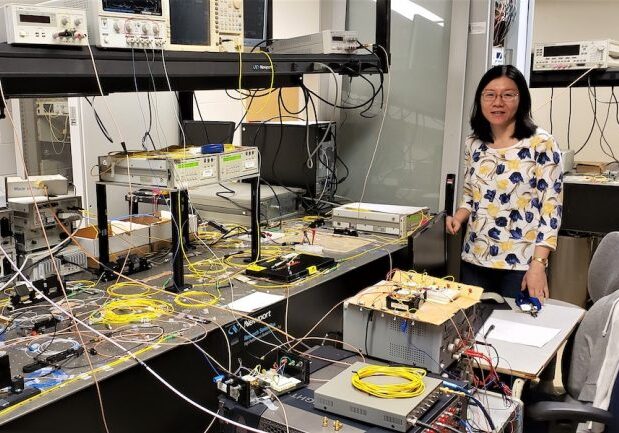
Quantum ‘fingerprints’ made smaller and delivered faster
New protocol from ECE researchers solves communication complexity problems more efficiently and with off-the-shelf components
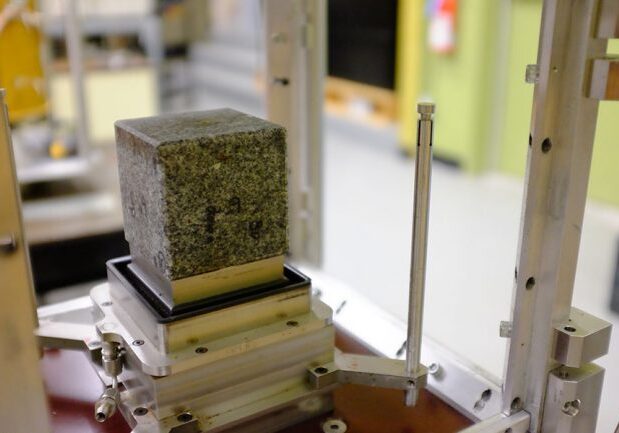
Rock music: Listening for induced earthquakes among nine U of T Engineering projects funded through CFI
CFI’s John R. Evans Leaders Fund will support research into seismicity, water treatment, bioengineering and more
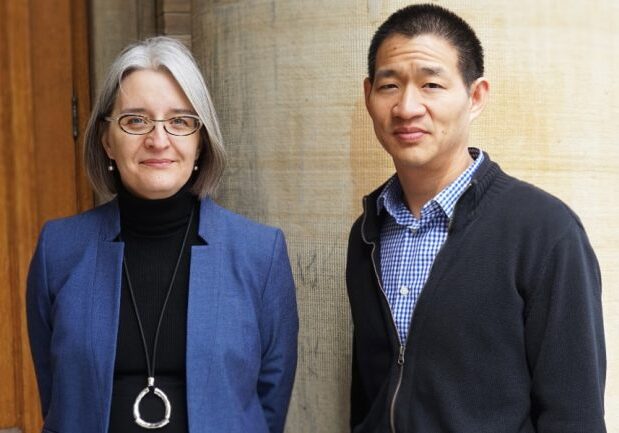
Privacy study sheds light on why we grant or deny app requests
U of T Engineering professor led a multidisciplinary team behind a new global study that explores the privacy expectations and behaviour of smartphone users
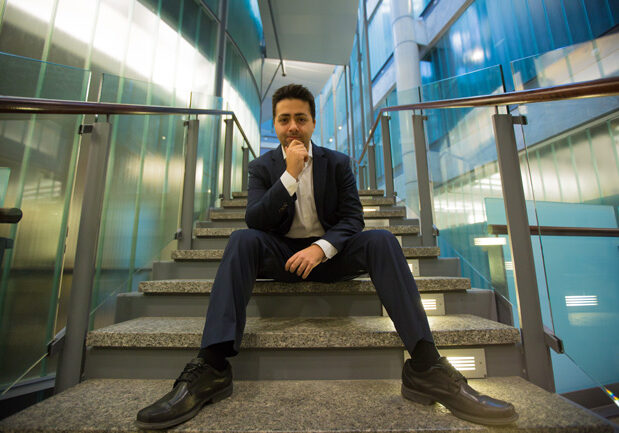
New U of T initiative to assess bias in AI systems
U of T service measures the performance of AI algorithms across diverse inputs, such as gender, age and race.
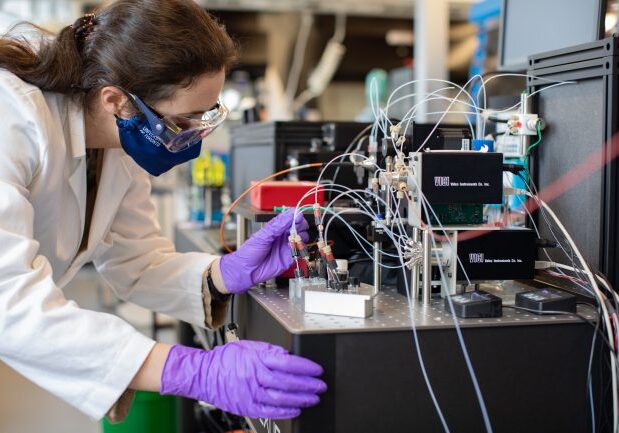
New Acceleration Consortium at University of Toronto applies artificial intelligence to discovery of advanced materials
Global coalition aims to accelerate research of new materials that will increase affordability and sustainability in a wide range of applications

